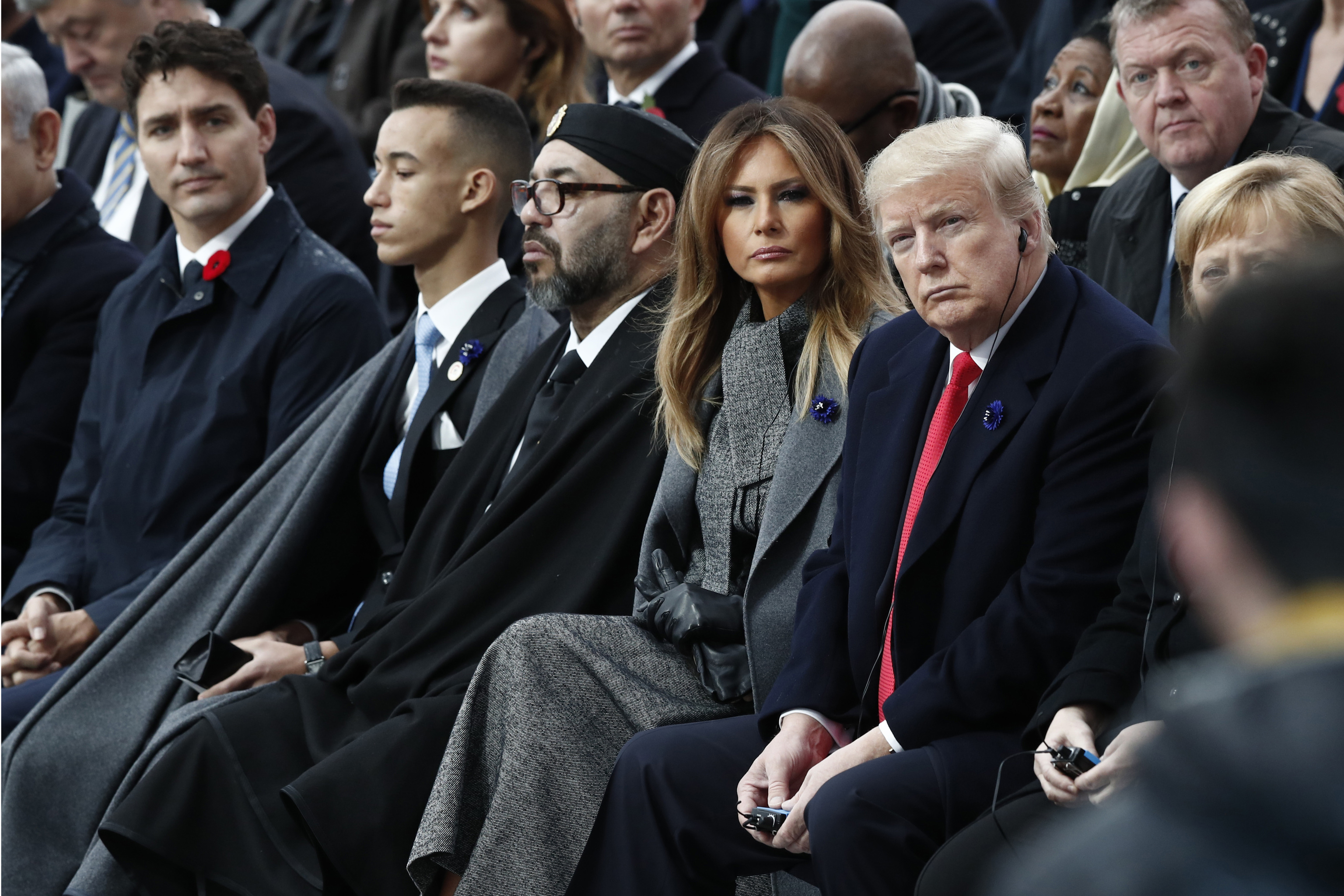The problems that tariffs will cause to the Spanish economy do not begin and end in the United States, but can extend, especially at the southern border. Morocco and Gibraltar have come out of the situation with Donald Trump with a general tariff of 10%, the minimum rate and half that of Spain, which gives them a greater appeal to become an exporting destination to the United States and intensifies competition for investments.
The environment is volatile and difficult to predict, but experts agree: "In the medium and long term, there are companies that will seek to restructure their manufacturing and supply chain to countries to which the US has imposed lower tariffs. Much will depend on whether the tariffs are lasting or merely used as a negotiating tool," explains Paul Amberg, an American partner at Baker McKenzie, based in Madrid, who advises multinational companies on issues related to US foreign trade laws, in statements to EL MUNDO.
Calls in specialized trade law firms are multiplying. Inquiries focus on how to comply, how much it will cost, and above all how to minimize them. "A lot of concern is an understatement," summarizes Amberg. "It will lead many companies to strategically study the tariff nature of what they buy more," predicts Mar Guardiola, director in the Tax department of Andersen.
Morocco is already diverting traffic from Spanish ports due to its more lenient regulations on sustainability and some of its flagship exports to the United States (with which it has a trade deficit) coincide with Spanish exports: automotive, fertilizers, and electrical equipment, sectors where Spain seeks to attract investment.
Precisely, the lower tariffs compared to the North American country are a new argument in favor of this attraction of investments that the North African country can use against Spain.
According to IESE professor and holder of the Cobas AM Chair on Savings and Pensions, Javier Díaz-Giménez, "there is no doubt" that there are already companies studying to expand in countries with lower tariffs and reviewing their supply chains. "There will be all kinds of arbitrage. But the investment in diverting production must compensate you. If you already have a company, a factory, or produce there, you just have to expand and it is simpler," explains the teacher, who cites the Spanish agriculture as an example and the incentives it now has to grow in Morocco.
This is perhaps a greater and more immediate fear, but in the medium term, the impact would be that many supply chains and exports that pass through Spain will start passing through one of its neighbors, something that is more complex. "Redefining supply chains is not a task that can be done in a few years, but it requires decades," emphasizes Guardiola, who points out that Morocco is a major partner of the United States, with which it has had a free trade agreement since 2005 and is a preferential partner of the EU, which could allow it to act as a bridge between both.
What seems less likely is that Morocco and Gibraltar will serve as re-export points, meaning buying products to re-label them and send them across the Atlantic. In this sense, the United States applies the tariff to the country of manufacture and complicates this practice, used in Russia to evade sanctions after the war in Ukraine.
However, the other consensus among experts when advising companies is that this is a good test that strategy should not rely on a single market, such as the United States, and they should aim to open new paths.
"Companies that cling to dependence on the US market will suffer, while those that build resilient and quality-focused models closer to home (nearshoring) will thrive," predicts Guardiola. Díaz-Giménez echoes this sentiment: "The United States is at best 25% of the world's GDP, but there is the other 75%," also noting that the erratic US policy greatly diminishes its attractiveness as a market.
